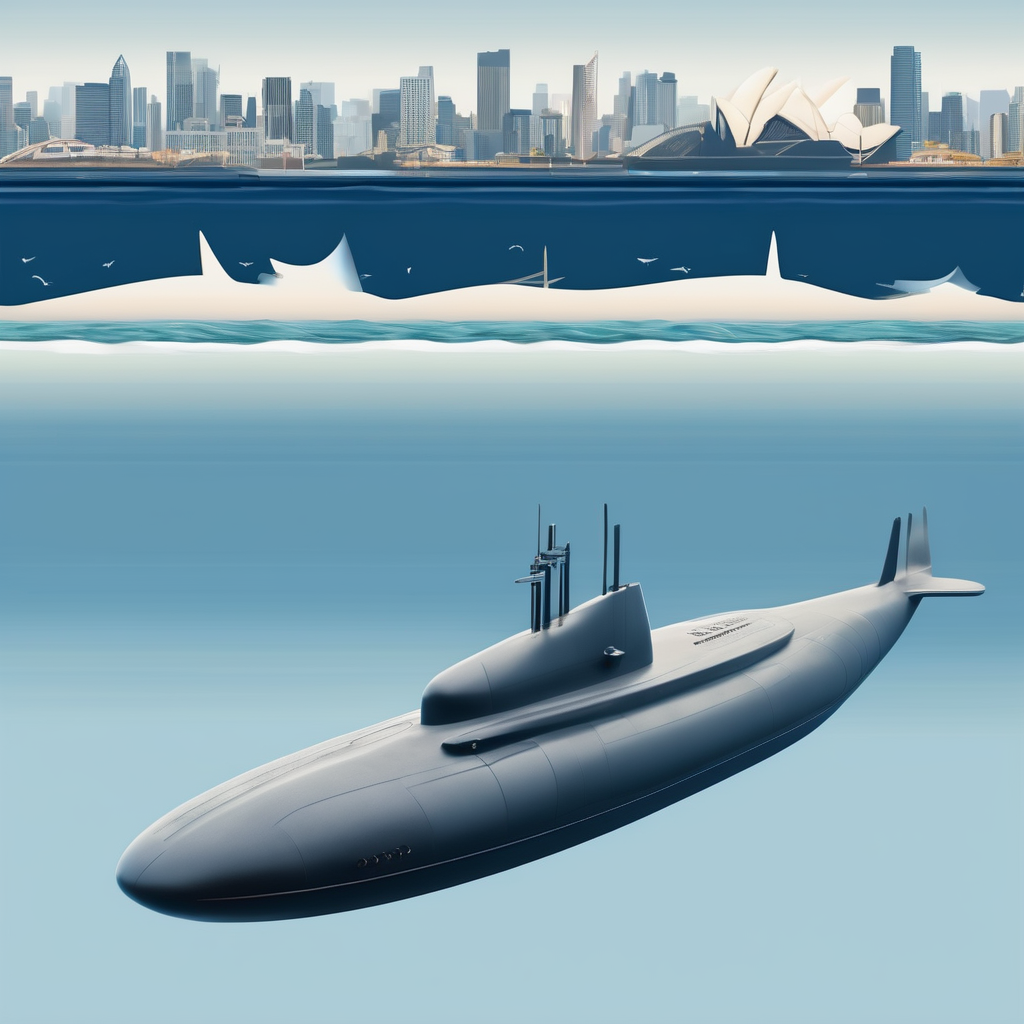Australian Prime Minister Anthony Albanese has conveyed strong confidence in the progression of the AUKUS nuclear submarine deal following productive discussions with British Prime Minister Keir Starmer. In a recent meeting in London, Albanese highlighted the robust support for AUKUS among the allies, although he refrained from commenting on the position of U.S. President Donald Trump regarding the agreement. The AUKUS pact, established in 2021, is designed to equip Australia with nuclear-powered submarines by the next decade, a strategic move aimed at countering China’s growing influence in the Indo-Pacific region.
Despite a formal review of AUKUS initiated by Trump’s administration, led by Pentagon policy official Elbridge Colby, Albanese remains optimistic about the pact. He expressed that all interactions with the U.S. administration have consistently been favorable towards the agreement. Under the terms of AUKUS, valued at hundreds of billions of dollars, the U.S. will supply Australia with Virginia-class submarines, while a collaborative effort between Britain and Australia will see the development of a new class of submarines.
The partnership is further solidified by a treaty signed between Australia and Britain in July that pledges cooperation over the next 50 years. During his visit, Albanese is also scheduled to meet with King Charles, Australia’s official head of state, underscoring the enduring ties between the two nations.
Previously, Albanese has stressed the importance of AUKUS in enhancing security across the Indo-Pacific, aligning with both Australian and U.S. strategic interests. He has also engaged in discussions with Trump about broader defense cooperation, including addressing U.S. tariffs affecting Australian exports. Additionally, Albanese’s engagements in international forums like the G7 have underscored proactive efforts to foster global partnerships and security strategies, signaling a hopeful trajectory for regional stability and cooperation.
The continued commitment to this trilateral defense agreement demonstrates a shared vision of bolstering military capabilities and fostering stability in a rapidly changing geopolitical landscape, reinforcing longstanding alliances to address mutual challenges.
